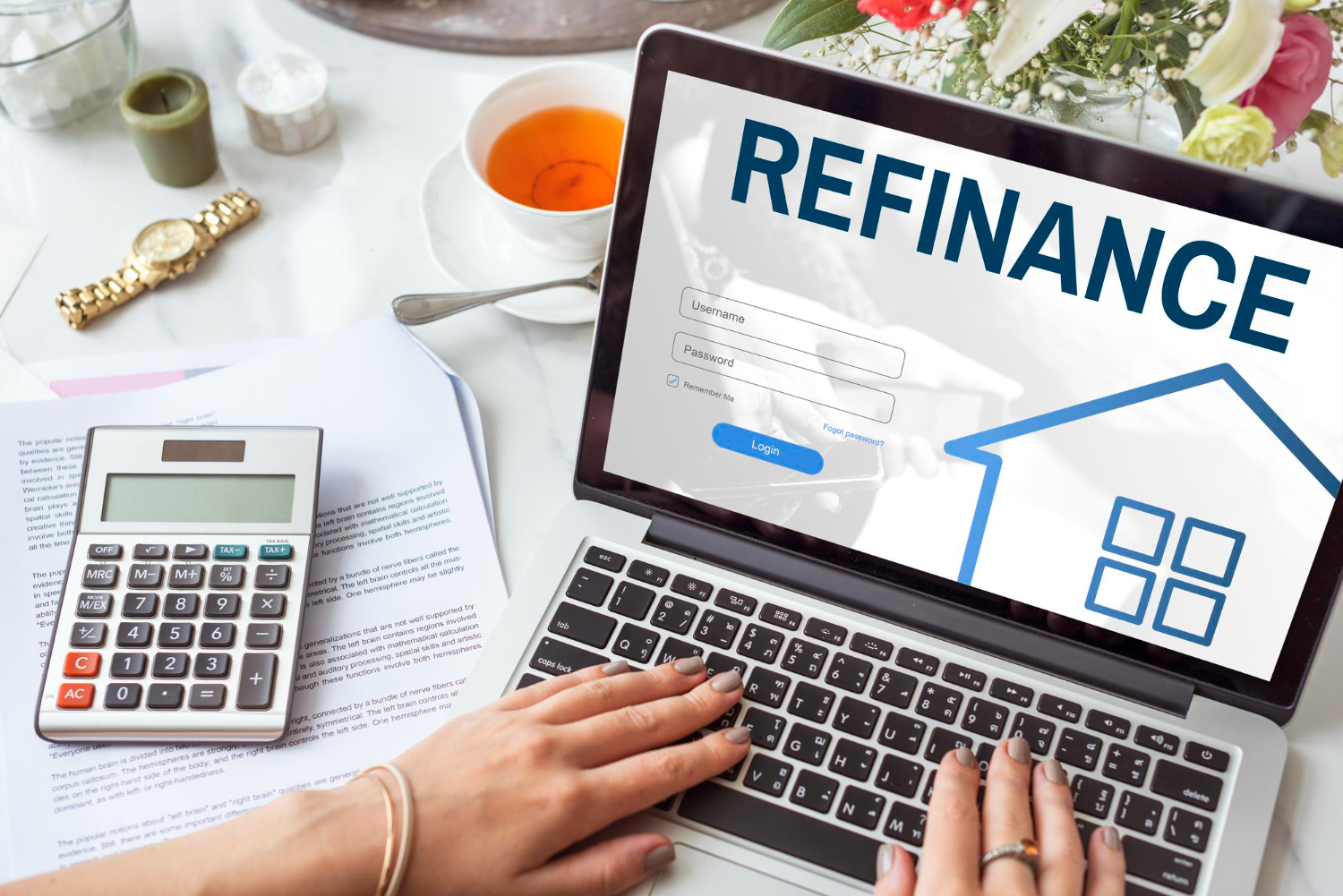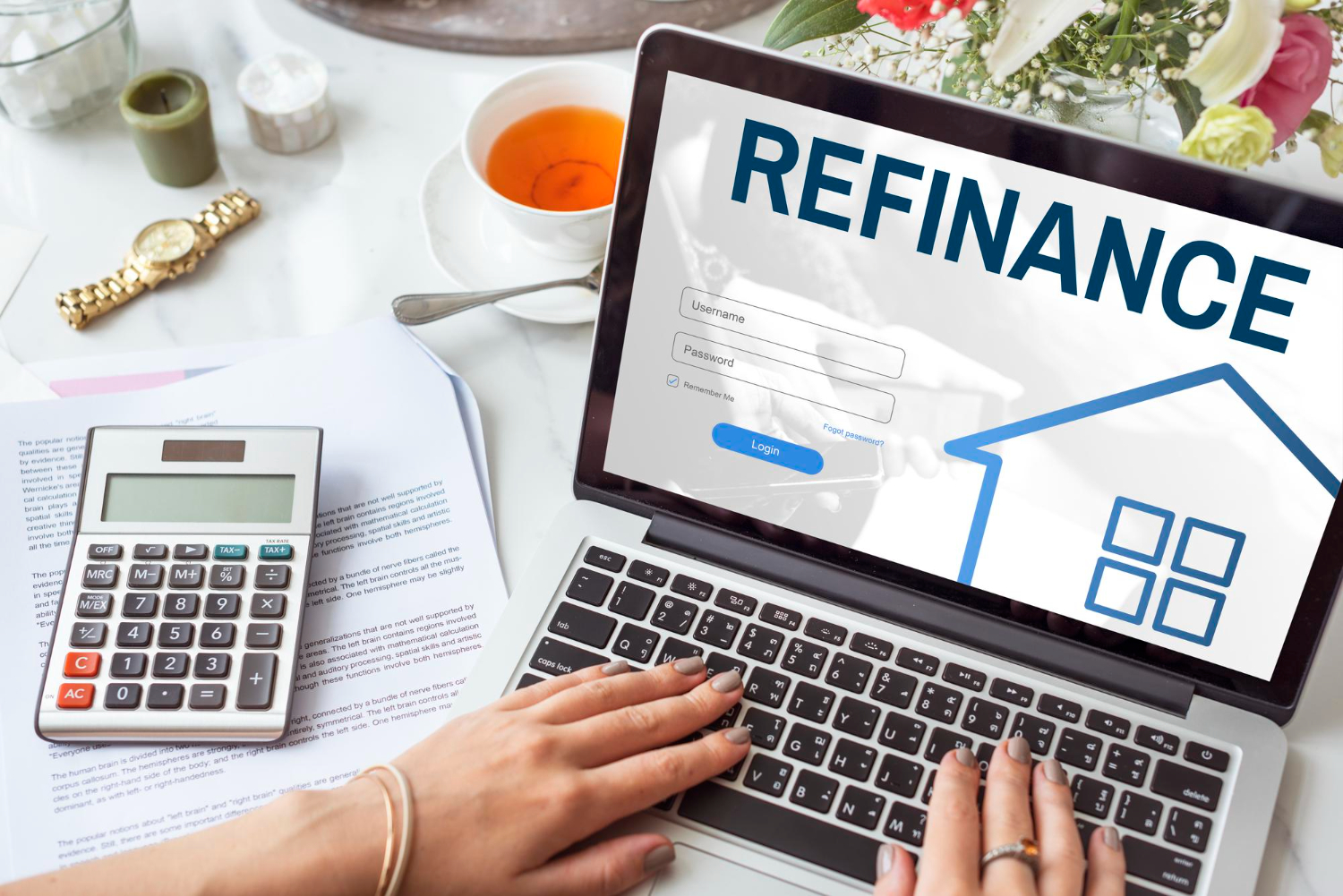Here’s an informative guide for “First-Time Homebuyer Tips.” This article provides valuable insights and practical advice for individuals looking to purchase their first home, ensuring they are well-prepared for the process.
First-Time Homebuyer Tips
Buying your first home is an exciting milestone, but it can also be a daunting experience filled with challenges and complexities. From navigating the real estate market to understanding financing options, being a first-time homebuyer requires careful planning and preparation. Here are some essential tips to help you make informed decisions and ensure a smooth home-buying process.
1. Assess Your Financial Situation
Before you start house hunting, it’s crucial to evaluate your financial health:
- Check Your Credit Score: Your credit score affects your mortgage options and interest rates. Obtain a copy of your credit report and check for any inaccuracies. Aim for a score of 620 or higher to qualify for most conventional loans.
- Set a Budget: Determine how much you can afford by calculating your total monthly expenses, including potential mortgage payments, property taxes, insurance, and maintenance costs. Stick to the 28/36 rule, which recommends that no more than 28% of your gross income goes toward housing costs and no more than 36% goes toward total debt.
2. Get Pre-Approved for a Mortgage
Obtaining a pre-approval letter from a lender is a critical step in the home-buying process:
- Understand Your Options: Explore different loan types, such as FHA, VA, or USDA loans, which may offer benefits like lower down payments and reduced mortgage insurance.
- Shop Around: Compare offers from multiple lenders to find the best rates and terms. A pre-approval not only clarifies your budget but also strengthens your position when making an offer.
3. Research the Housing Market
Understanding the real estate market in your desired area is vital:
- Know the Neighborhood: Research neighborhoods that interest you in terms of amenities, schools, safety, and proximity to work or public transportation.
- Understand Market Trends: Look at recent sales data and property values to gauge whether it’s a buyer’s or seller’s market. In a seller’s market, be prepared for competition, and in a buyer’s market, you may have more negotiating power.
4. Hire a Qualified Real Estate Agent
A knowledgeable real estate agent can be an invaluable resource throughout the home-buying process:
- Find an Agent You Trust: Seek recommendations or read reviews to find an agent with experience working with first-time buyers. They can help you navigate listings, schedule showings, and negotiate offers.
- Ask Questions: Don’t hesitate to ask your agent about the home-buying process, local market conditions, and their strategies for finding suitable homes.
5. Create a Must-Have List
Having a clear idea of what you want in a home can streamline your search:
- Prioritize Features: List essential features (number of bedrooms, bathrooms, yard size) versus nice-to-haves (swimming pool, garage). This will help you stay focused and make the decision-making process easier.
- Be Flexible: While it’s important to have a wish list, remain open to compromise on certain aspects. The perfect home may not exist, but a home that meets most of your needs can be a great find.
6. Attend Open Houses and Showings
Visiting homes in person gives you a better sense of what’s available:
- Take Notes: Keep track of what you like and dislike about each property. Photos can blur together, so notes will help you remember the details.
- Ask Questions: Inquire about the home’s history, the reason for selling, and any maintenance or repairs needed. This information can be crucial when making an offer.
7. Conduct Thorough Inspections
Once you find a home you love, a professional inspection is essential:
- Hire a Qualified Inspector: A thorough home inspection can uncover hidden issues, such as plumbing, electrical, or structural problems that may require costly repairs.
- Be Present at the Inspection: Attend the inspection to ask questions and gain a better understanding of the property’s condition.
8. Understand the Closing Process
The closing process can be complex, but being informed will ease your anxiety:
- Know the Costs: Closing costs typically range from 2% to 5% of the home’s purchase price. Be prepared for expenses such as loan origination fees, title insurance, appraisal fees, and prepaid property taxes.
- Review All Documents: Before closing, carefully review all documents, including the closing disclosure, to ensure you understand the terms and costs involved.
9. Plan for Moving and Homeownership Expenses
Moving into a new home comes with additional costs and responsibilities:
- Budget for Moving Costs: Factor in expenses for hiring movers, renting a truck, or purchasing packing supplies. Don’t forget to account for any deposits needed for utilities and services.
- Prepare for Ongoing Expenses: Homeownership involves maintenance, repairs, and unexpected costs. Set aside a budget for regular upkeep and emergencies to avoid financial strain.
10. Enjoy the Journey
Finally, remember that buying your first home is an exciting adventure:
- Stay Patient: The home-buying process can take time. Don’t rush into decisions; take the time needed to find the right home for you.
- Celebrate Your Achievement: Purchasing a home is a significant milestone. Take a moment to appreciate your hard work and the journey you’ve completed.
Conclusion
Becoming a first-time homebuyer can be overwhelming, but with careful planning, research, and the right support, you can navigate the process confidently. By understanding your finances, working with experienced professionals, and preparing for the responsibilities of homeownership, you’ll be well on your way to finding a place you can call home.




